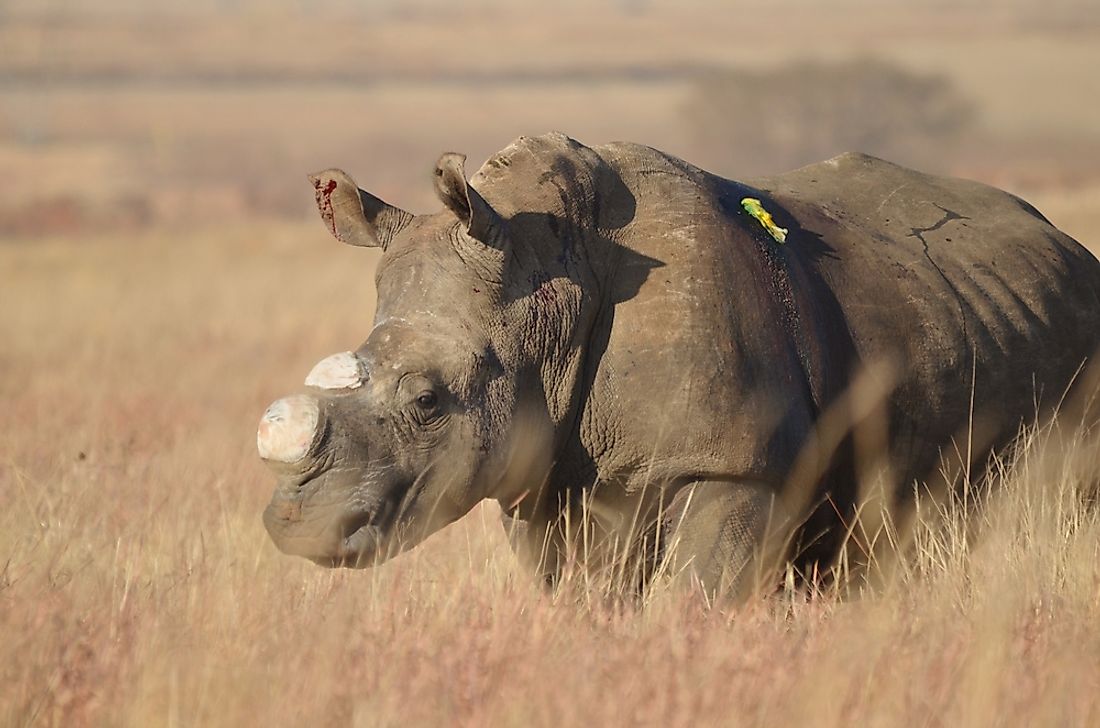What Is Poaching?

Poaching is the illegal killing of wild animals in violation of the international or federal, state, and local laws. Poaching is the killing of animals which is out of season, using a prohibited method, with a banned weapon, or without a license. Killing a protected animal species is also considered to be poaching. Since the 1980s, the term poaching has also been used to refer to illegal harvesting of the wild plants.
History of Poaching
Continental Europe
Human beings have been hunting the wild animals for food for centuries, but the first legal aspect of hunting was introduced in Medieval Europe when the rulers enforced some exclusive rights for the nobility to fish and hunt in their kingdoms. Poaching was considered illegal in Europe and anyone caught was to be imprisoned, but the law was not enforced until the sixteenth century. The Germanic law allowed anyone to hunt, while the Roman laws restricted hunting to the leaders only.
The foresters and gamekeepers enforced the restriction of shooting and hunting rights on private land during the seventeenth and eighteenth centuries. The restrictions denied the peasants the right to fish and hunt, but the presence of rifles allowed the servants and peasants to poach by the eighteenth century. Hunting was used as a demonstration of the aristocratic rule of the region, and it also had a significant impact on land use patterns in the eighteenth century. Therefore poaching interfered with both the power of nobility and property rights.
The United States
The deliberate defiance of the hunting laws by poachers in North America escalated to numerous armed conflicts like the joint British-United States Bering Sea Anti-Poaching operations and the Oyster Wars. Some of the offenses and violations which are considered to be poaching in the United States include: hunting and fishing without a license, hunting after the hunting season has ended, killing an animal which is in a confined place, and shooting from a moving aircraft or vehicle. Hunting of protected or endangered animals is also illegal in the United States.
Effects of Poaching
1) Defaunation of Forests
The fruit-eating vertebrates, herbivores, and predators can never increase in population as fast as they are poached. As their population decreases, the pattern of seed dispersal and predation in altered resulting in the tree species with bigger seeds dominating the forest while the ones with smaller seeds become locally extinct.
2) Reduction of Animal Population
The laws which restricted poaching to the nobilities forced the peasants to poach, and this resulted in the decrease in the population of numerous animal species especially the ones whose body parts were considered to be valuable. Poaching has resulted in the extinction of multiple animal species including Passenger pigeon, Tasmanian tiger, and Steller’s sea cow among others.
3) Loss of Income
Numerous wildlife tourism destinations are affected by poaching especially the ones with a license to use the wildlife-based land. The reduction in the number of wild animals will mean that fewer tourists visit the place, and this will result in loss of income.
4) Emergence of Zoonotic Diseases
Numerous serious zoonotic diseases have been associated with poaching, and a good example is the Ebola virus outbreak in Gabon and Congo Basin during the 1990s which was associated with butchering and eating of ape meat. The central African bushmeat hunters who were infected with the human T-lymphotropic virus were exposed to the wild primates. The SARS outbreak in Hong Kong is linked with the consumption of meat from Chinese ferret-badgers, raccoon dogs, and masked palm civets.











